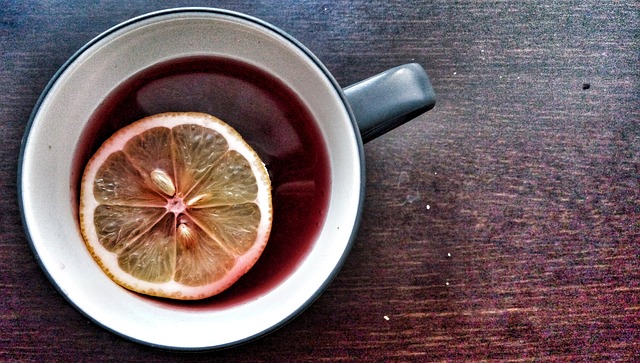A Sweet Journey Through China: Top 10 Desserts to Crave
China's rich culinary history offers more than savory delights; the world of sweet treats is equally diverse. The following desserts are essential tasting when you’re exploring the Middle Kingdom, especially during festive seasons like the Lunar New Year. Here's your guide to the top ten Chinese desserts that promise to sweeten your travel experiences.
Mooncakes (月饼)
No Chinese festival is as deeply entwined with a dessert as the Mid-Autumn Festival is with mooncakes. With a tender crust featuring intricate designs, these pastries are available with fillings like red bean, lotus seed paste, or even contemporary flavors like chocolate and custard.
Tangyuan (汤圆)
Tangyuan, a dessert symbolizing togetherness, consists of glutinous rice balls, often filled with sweet pastes, served in a fragrant syrup. Enjoyed during the Lantern Festival and family reunions, it represents unity.
Deep-fried Mantou (炸馒头)
A historic staple from northern China, deep-fried mantou invokes a donut-like enjoyment when dipped in sweet condensed milk—a perfect marriage of crispy and soft textures that is irresistibly delightful.
Bing Tanghulu (冰糖葫芦)
Bing Tanghulu offers a Beijing street food experience with its skewered hawthorns dipped in a glistening candy coating. Modern takes include other fruits, adding a variety of tart and sweet flavors.
Pumpkin Pancakes (南瓜饼)
Sichuan's contribution to dessert, these pan-fried pumpkin paste and glutinous rice flour pancakes—sometimes filled with red bean paste—offer a comforting bite and a touch of sweetness.
Egg Tarts (蛋挞)
The Portuguese influence in Macau brought about the egg tart, and it quickly became a Chinese dessert staple. Its flaky crust and smooth custard create a delicate treat savored across China.
Flower Cake (花饼)
Yunnan's flower cake, encapsulating the region's floral diversity, features a pastry filled with sweetened rose petals—a unique dessert that's both a feast for the eyes and the palate.
Sticky Rice Cake (年糕)
A Lunar New Year must-have, nian gao, made from glutinous rice, represents growth and prosperity. Served steamed or fried, it varies in preparation across China, with each version being equally sumptuous.
Red Bean Soup (红豆沙)
A versatile sweet soup, red bean soup can be enjoyed hot or cold. Prepared with mung beans and often complemented with tangerine peels and lotus seeds, it offers a balanced sweetness after a meal.
Sesame Balls (煎堆)
Originating from the Tang dynasty, these deep-fried sesame-coated balls with lotus or bean paste filling combine a satisfying crunchy texture with a sweet, chewy inside, popular across bakeries in China.
China’s dessert scene is a surprising realm of flavors waiting to be discovered. Each dessert tells a story of history, tradition, and creativity, offering much more than a sweet ending to your meals. Embark on this confectionary journey and let your palate relish the diversity of China’s sweet delights.



